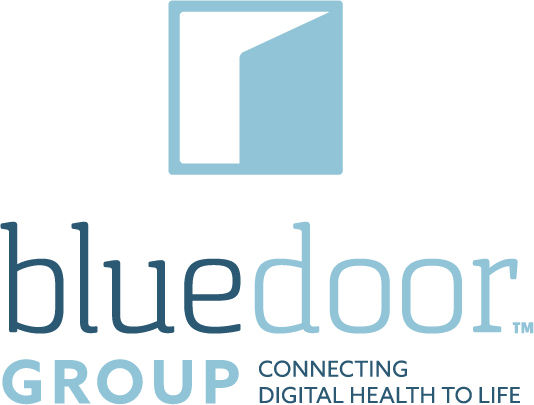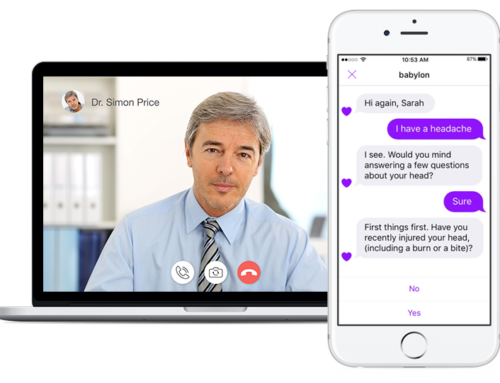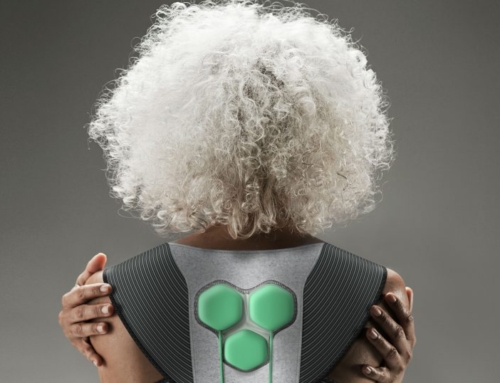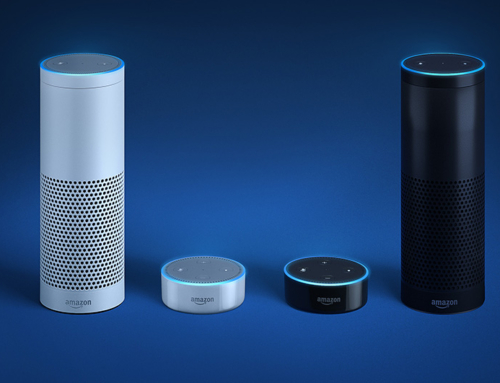By Arundhati Parmar | December 15, 2016
While technology is no silver bullet able to solve all that ails the healthcare industry, it has always been part and parcel of any revolution.
Think of the printing revolution and its influence of the Protestant Reformation that forever created a breach in the Catholic church.
At this moment in time, healthcare stands on the cusp of a fundamental reset itself and technology may as well lead the way to whatever system we end up with. A new report from PricewaterhouseCooper’s Health Research Institute, Top Health Industry Issues of 2017 predicts that these eight technologies will radically alter and disrupt the health industry over the next decade.
Here they are along with some startups in each category curated from the Web.
Artificial Intelligence
If the rust belt bemoaned the loss of manufacturing jobs, one can only imagine the disruption in the workforce when artificial intelligence takes over tasks that currently require human intelligence.
The outcome is both terrifying and wondrous. Imagine a digitized supply chain, efficient billing, accelerated R&D all powered by software algorithms, the report says.
Now also imagine those smart algorithms reading radiology reports by being able to tap into Big Data and machine learning, perhaps one day removing the need for your average radiologist.
These are a couple startups in the space:
Imagen Technologies
The company, which is in the imaging space, is apparently in stealth mode, based on a website that has absolutely zero information. But it has raised a seed round and is applying computer vision and machine learning to medical imaging.
Butterfly Networks
The New York company is reimagining the ultrasound so that by leveraging deep learning and miniaturizing the traditional ultrasound device to a single silicon chip. The goal is to allow greater access to ultrasound technology while using artificial intelligence to bypass the training required to use and read the imaging.
Augmented Reality
Augmented reality is the idea of virtual additions to our known, physical world. The phenomenon that is Pokemon Go symbolizes augmented reality at its addictive best and cemented AR firmly within the public consciousness.
The PwC report highlights augmented reality technologies as benefitting fitness and wellness gaming apps, as well as providing guided tours of grocery aisles and even something as complex as surgical guidance.
Here are some AR startups:
RealView Imaging
This Israeli startup company is getting ready to launch what it bills as 3D interactive holograms. RealView has developed the Holoscope device that provides full color, high-resolution, 3D images in free space using any medical 3D volumetric data. They are interactive in the sense that surgeons may touch and manipulate the images that appear to be almost free-floating.
AccuVein
As someone whose veins are notoriously hard to find, leading to apologetic nurses poking and prodding to find a cooperative one, AccuVein might provide welcome relief. The Medford, New York, company has developed a hand-held device that projects veins onto a person’s skin without even touching it.
Blockchain
Blockchain is the foundation on which the Bitcoin currency is built and the PwC report describes it as a “distributed electronic ledger that can record and confirm transactions securely.” The technology can have far-reaching impact on data security, fraud prevention and identity protection.
Two companies in the market are:
Blockpharma
A French company, Blockpharma uses blockchain technology to fight the plague of counterfeit drugs by improving the drug’s traceability.
Guardtime
The company, based in the Netherlands, is technically a software company but it has developed a digital signature based on blockchain that the Estonian government is using to secure more than 1 million medical records of the country.
Drones
Drones, like the Internet, is an example of military technology that is finding its way into the civilian world. Such technology can be vital in emergency and disaster response, in digitizing the supply chain and in the delivery delivery of healthcare goods to consumers.
Drone startups to watch are:
ZipLine
This San Francisco company is using drones to deliver vital medical supplies such as blood to developing countries with poor access to healthcare. The company is expected to launch in the U.S. soon. Google is also interested in medical drones, given that it has a patent to deliver medical supplies using drones and claims to be able to identify a disaster location with great accuracy.
Flirtey
This Australian company with offices in Reno, Nevada, has drones that are approved by the Federal Aviation Administration. The drones can deliver everything from mail to medicine.
Robots
The da Vinci robot in surgery was pioneering and we have also been aware of pharmacy robots that make medication dispensing easy. But robots will have broad usage in more and more segments within healthcare over the next decade. The PwC report points to applications in the digital supply chain, remote patient monitoring and care, digital behavioral health services.
Some companies in this category are:
Softbank Robotics
The holding company based in Tokyo is responsible for making different social robots and one early robot – NAO – had success in interacting with kids with autism.
Virtual Reality
Virtual reality is different from augmented reality in that it creates a new reality altogether instead of making virtual additions to the physical world. This emerging technology can be used in patient distraction, stress relief, medical school education tools, consumer and clinician training, scenario planning, according to the PwC report.
Some startups in this category are:
DeepStream VR
The premise behind DeepStream VR, based in San Francisco and Seattle, is the idea that if the brain can be tricked into feeling other sensations, it does not sense pain.
Conquer Mobile
This British Columbia company has created a separate unit — PeriOpSim — to take advantage of transforming medical training to provide surgical training through simulation.
3D Printing
As healthcare becomes more customized, 3D printing technology has the capacity to create implants just for the patient as well as provide on-demand inventory.
Oxford Performance Materials
In 2014, this South Windsor, Connecticut firm became the first company to win FDA clearance for a 3-D printed facial implant. Its OsteoFab Patient-Specific Facial Device is printed with a proprietary poly-ether-ketone-ketone polymer based on a patient’s MRI scan.
This San Diego company has created functional liver and kidney tissues using 3-D bioprinted technology that allows drugmakers to test toxicity of their drugs in 3-D cell structures instead of sing 2-D models.










